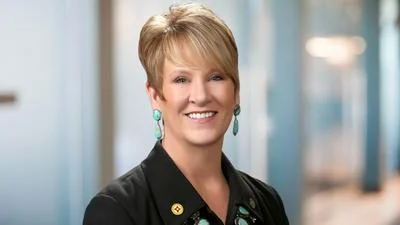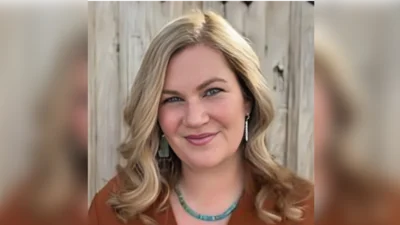Black Physicians of Utah (BPOU) is a nonprofit organization working to increase the number of Black physicians through retention, recruitment and education.
By working toward the organization's goal, BPOU aims to increase equitable representation in the medical profession and help eliminate racial health disparities.
Dr. Richard Ferguson founded the organization in March 2021 hoping to provide a network of connection for other Black physicians in Utah. The mission grew from that point.
“The main objectives were to create a point of fellowship for Black doctors, to create a path for current premed students to show they have a way to get into medicine, and to become trusted messengers to the Black community so they can trust the care they receive,” Ferguson told the New Mexico Sun.
Research indicates that racial and ethnic minorities have higher rates of chronic disease, obesity and premature death than white people in the U.S., according to Harvard Business Review. Black patients in particular have the worst health outcomes, as they experience higher rates of hypertension and stroke. Black men, according to the research, have the lowest life expectancy of any demographic group, living about four and a half years less than white men on average. A number of factors contribute to these health imbalances, including a lack of diversity among physicians.
The BPOU is trying to address that. “As an organization, we strive to begin to build a community of Black physicians, residents, interns, medical students and aspiring physicians,” the BPOU website says. “By creating a social network, we can connect personally and continue to learn together.”
The National Bureau of Economic Research published a study of the effect of physician workforce diversity on the demand for preventive care among African-American men. The experiment took place in Oakland, California, where randomized Black men were placed with either Black or non-Black male medical doctors. Their findings suggested Black doctors could reduce the Black-white male gap in cardiovascular mortality by 19%.
Research also suggests that more Black physicians are needed because they are more likely to work in underserved communities and on research topics relevant to the health of Black communities, according to Harvard Business Review. This is because Black patients have better outcomes when they see Black physicians.
Ferguson agrees, saying the reason for that is "systemic racism" and bias.
“There’s an unconscious bias that filters many aspects of society, including health care and medical schools,” Ferguson said. "When a Black patient goes to a Black doctor, there's less likely to be bias and there’s less (of) a chance for a patient to be dismissed in the room. The patient is more likely to share more of their personal medical history because they’re less likely to be judged.”
BPOU has a YouTube channel where it routinely posts topic-based videos to expand awareness and educate the public on its mission and timely issues. For more information, visit the organization's YouTube channel.









